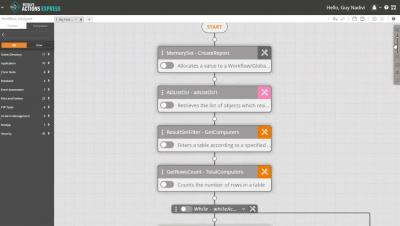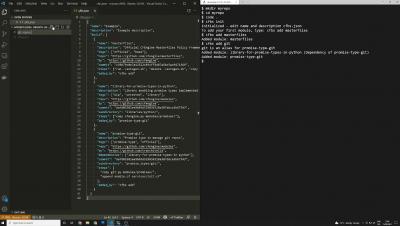Deploy Puppet Enterprise agents with HashiCorp Terraform on Azure VMs
HashiCorp Terraform is an open source Infrastructure as Code (IaC) tool that is widely used to deploy cloud infrastructure in the public cloud, such as AWS and Azure, along with on-premises VMware vSphere environments. One of the challenges is developing a method for bootstrapping the instances with configuration management agents such as the Puppet Enterprise agent.










